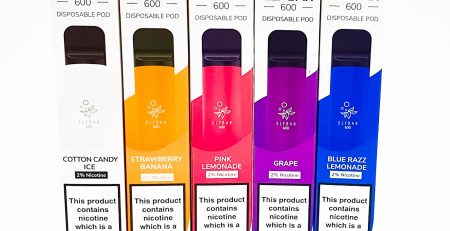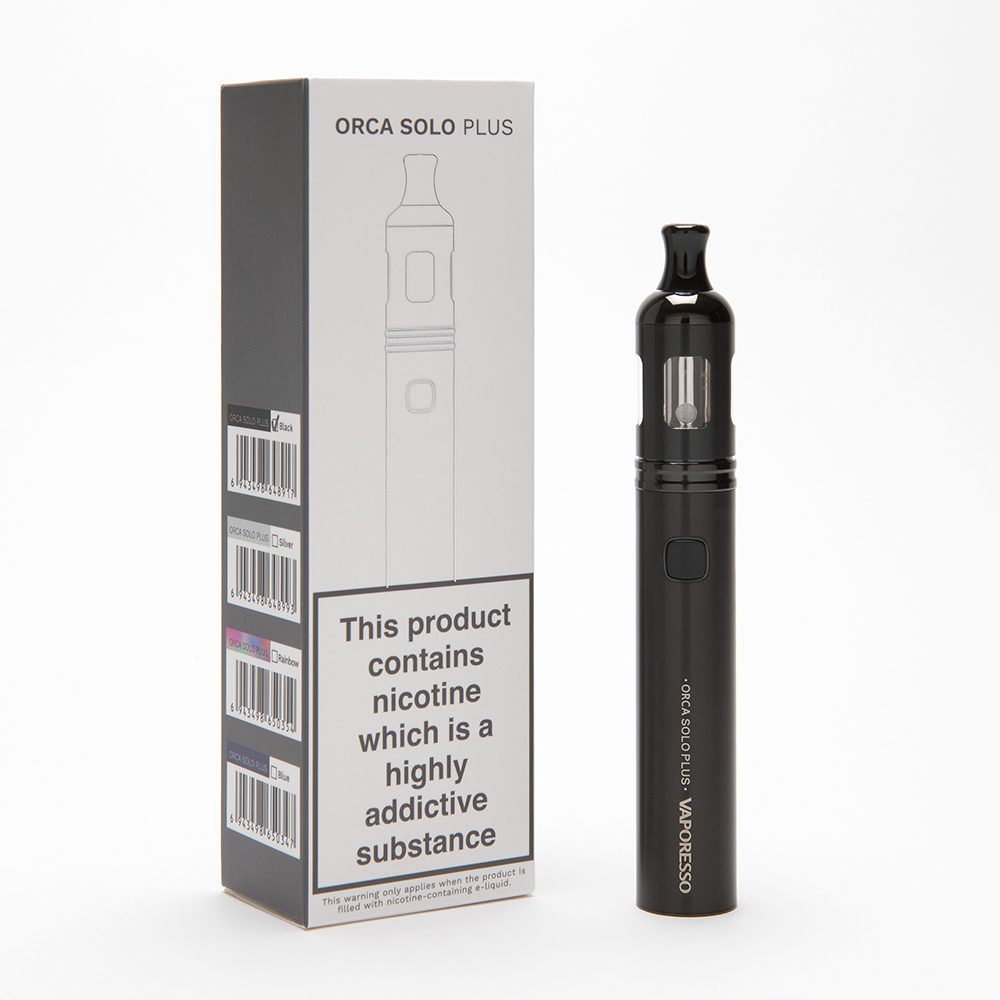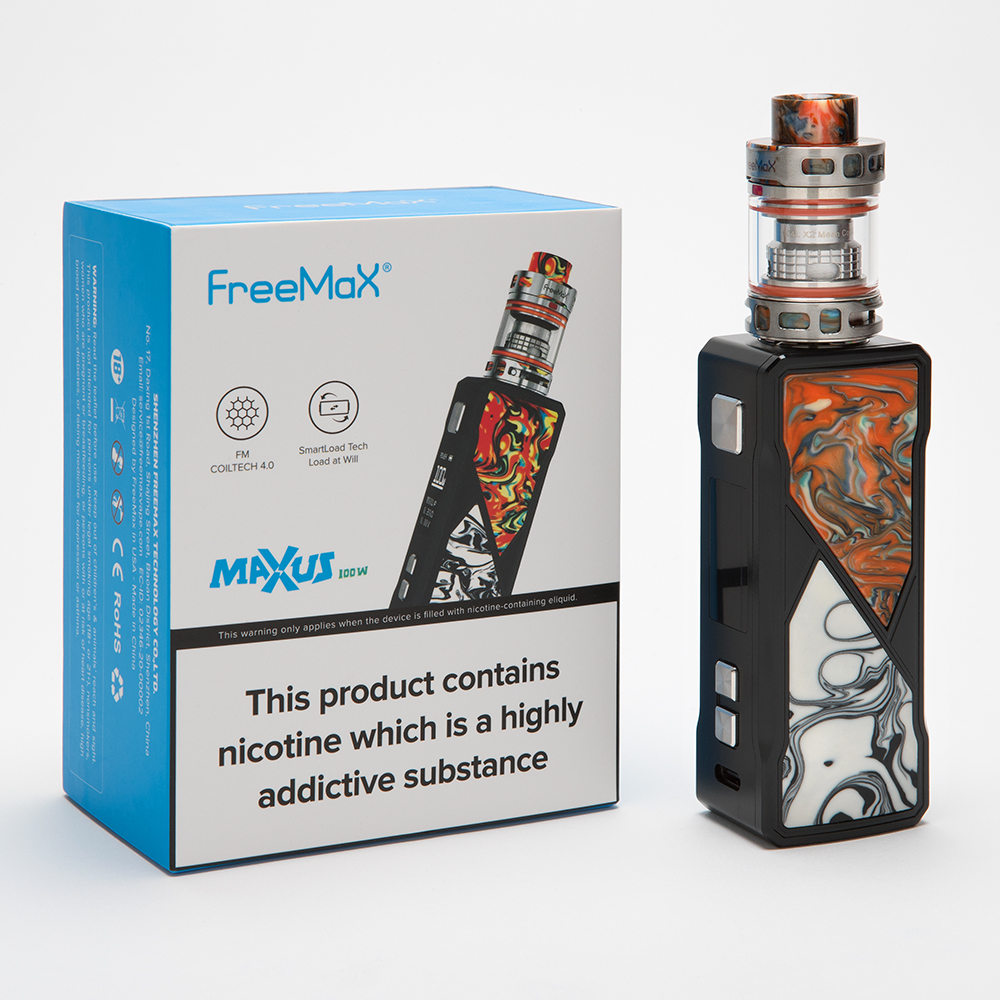The Vaping Products Duty (VPD) – What we know & what we think.
What is the Vaping Products Duty (VPD)?
In the budget announced on March 6th, the chancellor announced a new duty on vaping. This duty will come into force from October 2026.
The rates for the vape duty will be:
- £1 per 10ml for nicotine free liquids.
- £2 per 10ml for 0.1-10.9mg nicotine per ml liquids.
- £3 per 10ml for 11-20mg nicotine per ml liquids.
The government will also be bringing in another increase on tobacco, which will increase 100 cigarettes or 50 grams of tobacco by £2 from October 2026.
There is a 12-week consultation period on the policy design and technical details which has been launched.
You can read through the budget here: https://www.gov.uk/government/publications/spring-budget-2024
So what do we think the consequences will be of this vaping duty?
- For starters. the cost of vaping will immediately increase. This could lead to a decline in vaping rates, and in turn, increase the amount of people smoking again.
- Further to the first point, this could increase the amount of people turning to dangerous, illicit vapes on the black market.
- This vape duty prices out many younger people from vaping & we know from all the research that unfortunately, many young people have started vaping recently with the rise of single-use (disposable) vape devices. Clearly, this trend was not a good thing, and something that this duty is attempting to address. However, this new duty leaves these young people, who are now addicted to nicotine, with a big problem going forward.
- Vaping has been shown as a great harm reducer for cigarette smokers, with Public Health England stating it is at least 95% safer than smoking cigarettes. (https://assets.publishing.service.gov.uk/media/5b6c3f57ed915d30f140f822/Ecigarettes_an_evidence_update_A_report_commissioned_by_Public_Health_England_FINAL.pdf). As mentioned earlier, we would expect many people to turn back to smoking cigarettes when this duty comes into force. For public health, this is a disaster and also goes against the government’s plan to create a smoke free generation by 2030.







